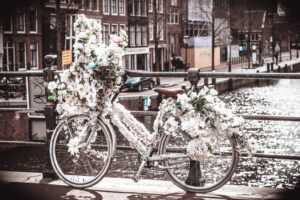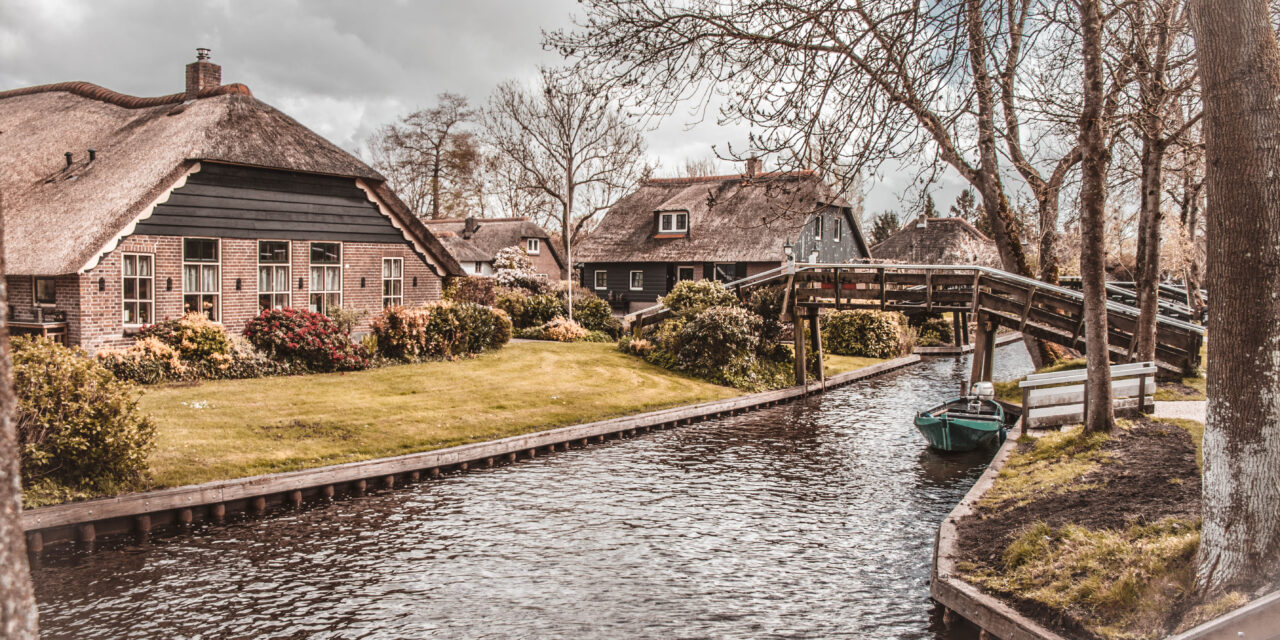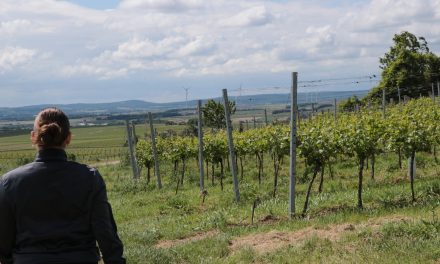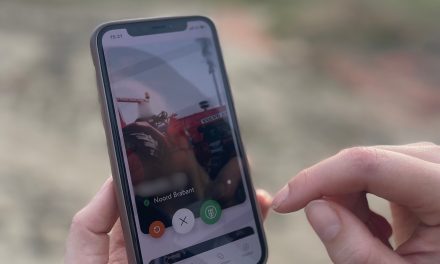Nowadays, there are big cultural differences between the Nordic and the Mediterranean countries. An example of this could be Spain and the Netherlands, both European, but with clear evidence that they are two sides of the same coin. Simply if we compare culture, economy, gastronomy and even weather, they are two completely different countries. And not just on a large scale, even in the most obvious and simplest of matters.

One of the most shocking issues of the Netherlands among young people are its liberal drug policies. However, the question still remains: does it lead to more or less consumption of drugs? On the one hand, the Netherlands reports that the consumption levels are below the European average and demonstrates that it is possible to tolerate the use of certain drugs without creating “lost generations”. The people of the Netherlands have also shown that a policy of tolerance does not necessarily lead to massive drug use, because although the sale of cannabis and hashish is permitted in the famous coffeeshops, not everyone consumes these substances. However, according to an article in BBC News, there are also experts who believe that the Dutch drug policy has been a failure, and has only contributed to transform the country into a tourist destination for the free consumption of cannabis and hashish and other over-the-counter substances such as the “magic truffles”. According to a report by Amsterdam’s tourism agency, 23.4 percent of tourists visit a coffeeshop during their visit, and 7.3 percent admit that their main motivation for visiting the city is soft drugs. In Spain this topic it is considered a taboo subject that is not talked about, only a few political parties like “Unidas Podemos” openly agree to its legalization. However, that does not mean that it is not a problem that still exist: despite being illegal, a study by the Spanish Observatory of Drugs and Addictions in 2020, says that 33% of young people between 14 and 18 years old have ever consumed cannabis, which is matter to worry about if we consider that is even a higher number than the average in the Netherlands. In fact, the European seaports in Spain, the Netherlands and Germany are the top 3 destinations of choice for drug dealers importing cocaine, hashish and methamphetamine, reports the Investigative journalist and author, Anabel Hernandez .

Another fact that attracts the attention of people who do not come from The Netherlands is to see how the country has become the “Mecca” of cycling. Perhaps in other countries such as Germany, this is not so impressive. However, according to El Economista: “Spain is the fourth country in the world with the most cars per person, ahead of the USA or Japan”, therefore the normalized and daily use of bicycles, as well as the construction of lanes throughout the Dutch cities is a remarkable fact. Thanks to this, it is sometimes more accessible and faster to move around the suburbs of cities by bicycle than by car. To understand the dimensions of biking in the Netherlands, in 2019, the biggest parking garage for bikes in the world was opened with a capacity of 12,500 bikes over three floors. In Spain, nevertheless, the most widely used private transport is the car. According to Automovilistas Europeos Asociados (AEA), almost 49% of people choose to use the car for most of their daily trips. The bicycle in Spain is only used as a sport and, in large cities such as Madrid, there are hardly any lanes necessary for its circulation. You can only find routes through the mountains and roads for athletes. However, cities like Barcelona have done a real effort to make biking a mean of transport used by a vast amount of population trying to follow other European transport models. This facts generates a sample of the great cultural impact when you visit The Netherlands and you see that everyone is biking normally.
–
And these are just two of many examples that we could be discussing for days regarding cultural differences. In the following video we will discuss some other aspects. Berta and Albert, two of the many Spaniards living in the Netherlands, tell us their experience.
https://youtu.be/I3xYBu5Fa3M




